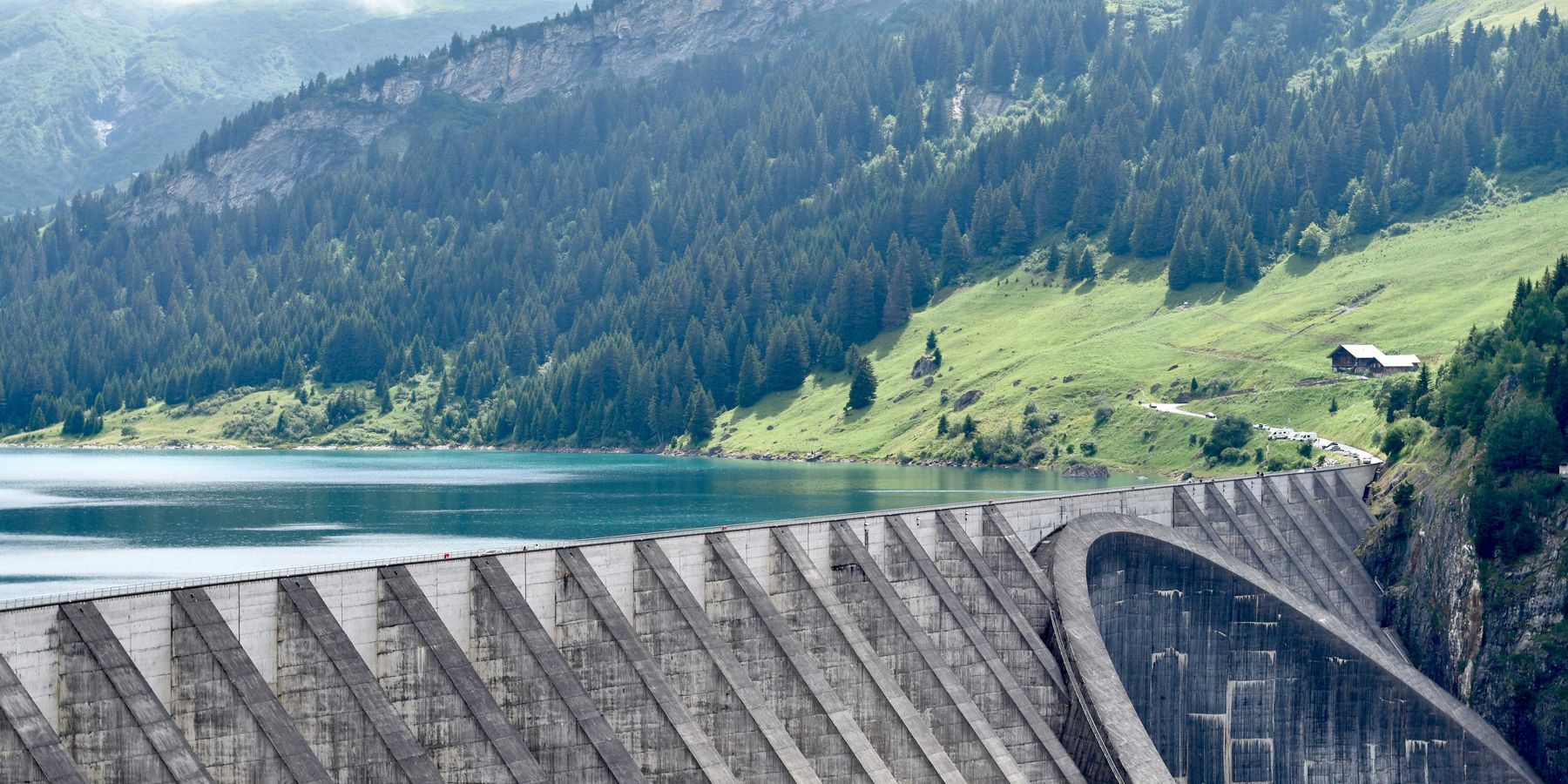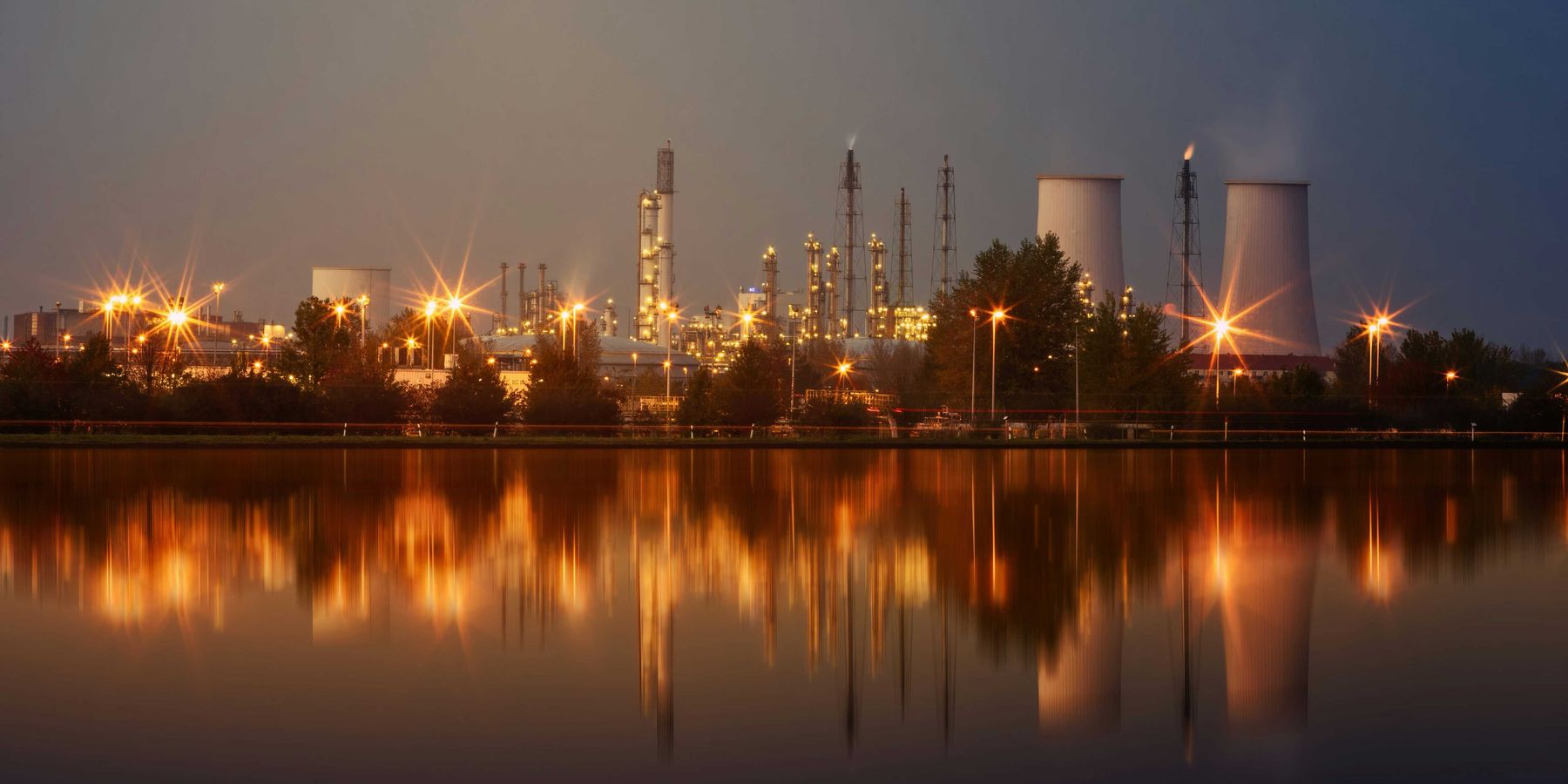Trump blocks aging Michigan coal plant closure, igniting clash over clean energy rollback
A surprise federal order has forced Michigan to keep open an aging coal plant that state regulators and the utility had planned to shut down, highlighting President Trump’s push to revive fossil fuel power through federal intervention.
Evan Halper and Jake Spring report for The Washington Post.
In short:
- The Trump administration used emergency authority to stop the closure of the J.H. Campbell coal plant in Michigan, despite opposition from the plant’s utility, state regulators, and grid operators.
- The decision aligns with a broader federal strategy to prioritize fossil fuel energy over renewables, justified by claims that wind and solar can't reliably meet future electricity demands, particularly with rising artificial intelligence-related energy use.
- Critics say the policy will raise electricity costs and undermine local clean energy goals, while pushing outdated, polluting infrastructure into extended use without sufficient justification.
Key quote:
“It came as a surprise to everybody, and it was baffling why they chose this plant. Nobody asked for this order. The power grid operator did not. The utility that owns the plant did not. The state regulator did not.”
— Dan Scripps, chair of the Michigan Public Service Commission
Why this matters:
Coal plants are among the dirtiest sources of electricity, emitting high levels of carbon dioxide, sulfur dioxide, and particulate matter. These pollutants contribute to climate change and directly harm human health, increasing the risk of respiratory diseases, heart attacks, and premature death. The J.H. Campbell plant, specifically cited as the largest local source of greenhouse gases in western Michigan, was slated for retirement based on both environmental and economic grounds. Reversing its closure not only delays air quality improvements but signals a federal move to override state efforts to decarbonize. By targeting renewables with new hurdles and re-prioritizing fossil fuels, the administration is shifting national energy policy in ways that could stall climate progress and saddle communities with dirtier air and higher costs. This rollback also limits the authority of state and local agencies that have worked to craft cleaner, more affordable energy plans.
Read EHN coverage: Coal to solar switch could save 52,000 US lives per year.













